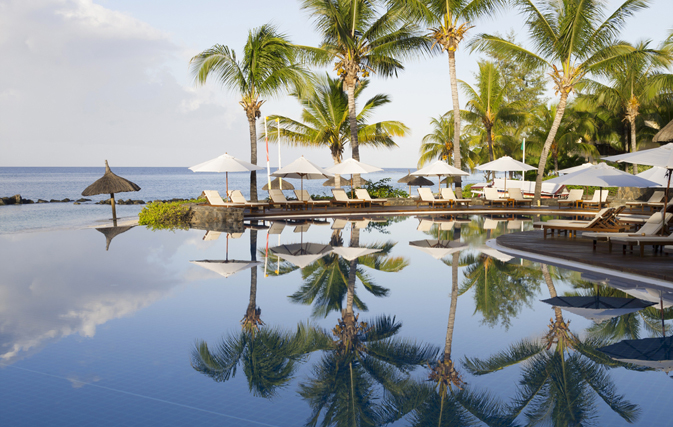LOS ANGELES — The average Caribbean hotel saw a 4.7% decrease in gross operating profit (GOP) in 2016, according to the latest study by CBRE Hotels Americas Research.
The decline in profitability follows four consecutive years of double-digit increases in GOP.
The decline in the bottom-line starts with the falloff in top line revenue, says CBRE in the newly released 12th edition of its ‘Caribbean Trends in the Hotel Industry’ survey.
During 2016, occupancy for the Trends survey sample declined by 2.8%, along with a 0.2 percent decrease in average daily rate (ADR). The net result was a 3% decline in RevPAR. All other revenue generating departments (food & beverage, other operated departments and miscellaneous income) also saw a loss in sales during the year, resulting in a 2.2 percent drop in total hotel operating revenue.
“A multitude of factors caused the decline in revenue for Caribbean hotels in 2016,” said Scott Smith, Managing Director, CBRE Hotels Consulting. “These include new supply, currency exchange rates and the Zika virus.”
Since lodging is a cyclical industry, it’s not surprising that the strong performance of Caribbean hotels from 2012 through 2015 attracted the attention of developers from around the world, says Smith: “New hotels have opened up on most all islands in the region. We have seen urban select-service properties, along with five-star all-inclusive resorts enter the market in recent years.”
Compounding the impact of traditional hotel openings in historical destinations is the entry of alternative forms of lodging, plus the emergence of new venues. “Like elsewhere in the world, Airbnb is becoming a popular form of lodging in the Caribbean region. In fact, Airbnb has served as the entrée form of lodging for people wishing to visit Cuba, a new and emerging destination attracting visitors from other islands in the region. Plus, parts of the long-delayed Baha Mar development opened in early 2017.”
The Zika virus was officially eradicated in 2017, but not before the presence of the disease scared people from travelling to the Caribbean in 2016. The negative publicity from the virus impacted both the transient and group demand group segments. Conversations with regional hoteliers indicate that the stigma of Zika has dissipated somewhat in 2017, says Smith.
With revenues declining in 2016, Caribbean hotel operators had to focus on cost controls to limit decreases in profits. During the year, regional managers cut their operating expenses by 1.2%.
Despite the 2.8 percent decline in occupancy, rooms department expenses remained flat from 2015 to 2016. “The stagnation in rooms department expenses is surprising given the high degree of variable expenses within this department,” Smith said. “On the other hand, the decreases in the food & beverage and other operated department expenses make sense and were commensurate with their respective declines in revenue.”
Of all the categories analyzed by CBRE, only those Caribbean properties in the upscale and upper-midscale categories achieved an increase in GOP in 2016. During the year, these hotels in aggregate converted a 4.1% increase in revenue to a 1.9% rise in GOP. “Several of the properties in these chain-scales are select-service hotels in urban locations that accommodate business travelers. Therefore, they were somewhat insulated from the factors that negatively impacted leisure travel and resorts,” said Smith.

